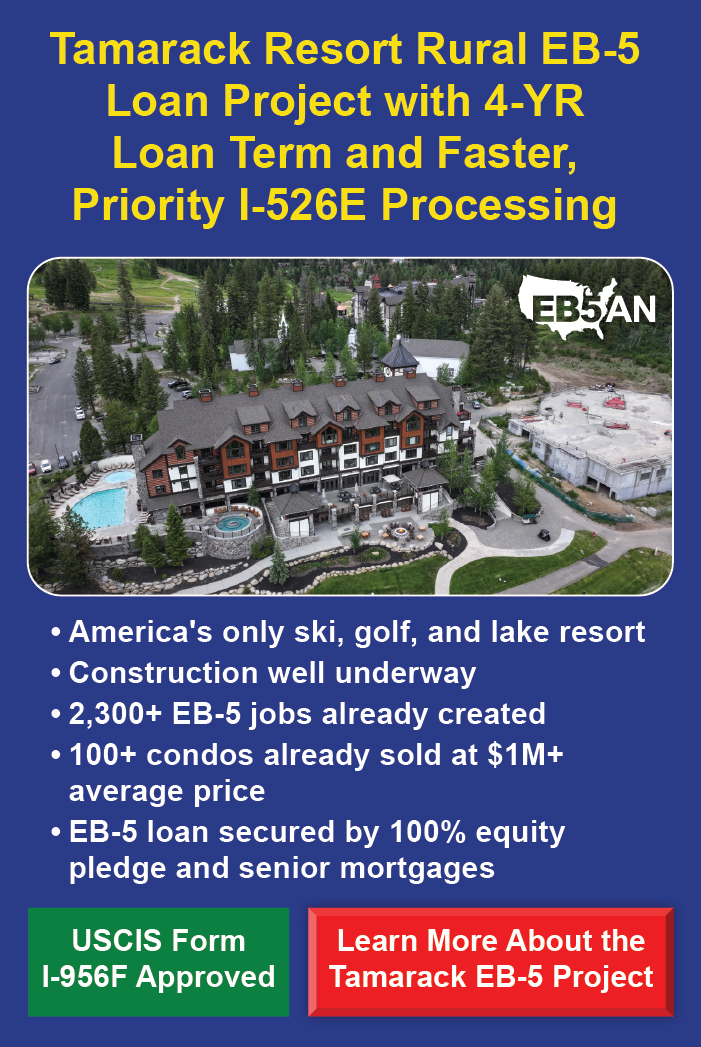
An EB-5 investor does not need to be the sole owner of the NCE. In fact, they do not even need to be the majority owner of the NCE; in accordance with EB-5 program regulations, there is no minimum share percentage for investors. With that said, investors are expected to be involved in the management of the project they invest in, and this level of engagement should be more or less equivalent to their share percentage.
The EB-5 program regulations stipulate that an investor must be engaged in the management of the NCE. Whether this engagement entails assisting with day-to-day operations or policy-making is contingent on the investor’s preference and the nature of the investment. For instance, some investors may wish to be heavily involved with the running of the NCE, while others who are inexperienced in business may wish to take on limited responsibilities and leave executive decisions to managing partners. The investment may be based on the direct model or be regional center sponsored, and this will influence the duties and obligations of the investor.
If the project is regional center sponsored, the investor becomes part of a unit that focuses on handling the EB-5 funding capital. As a result, the indirect EB5 investment model entails less hands-on engagement from the investor. The direct EB-5 investment model, on the other hand, allows for investors to be fully engaged in daily management and policy making, if they so wish.
Some investors may wonder how many direct EB-5 investors can invest in a project at any given time. An NCE is permitted to have numerous investors, EB-5 and otherwise. An important consideration is that the project must be able to create the requisite number of positions for each EB-5 investor, in accordance with the EB-5 program’s regulations. Non-EB-5 investors do not need to be considered for the distribution of job creation.
While non-EB-5 investors are not legally bound to record the origins of their capital, United States Citizenship and Immigration Services (USCIS) may ask for details and documentation from these investors. In 2019, USCIS began to send requests to non-EB-5 investors asking for evidence pertaining to legitimate origins of capital.








